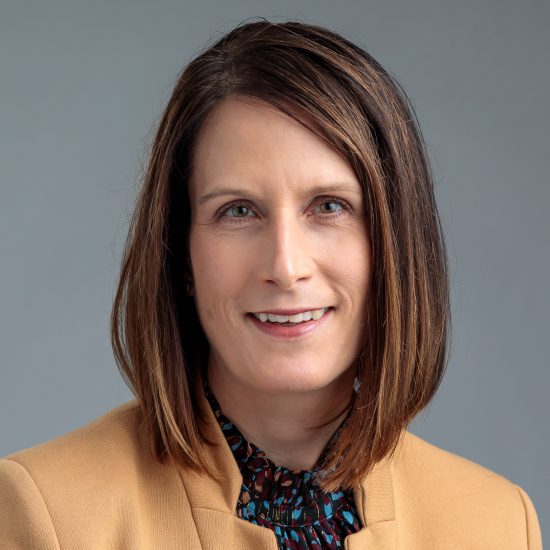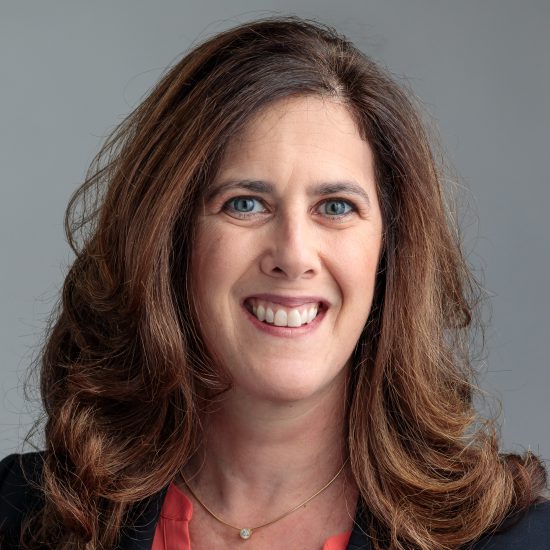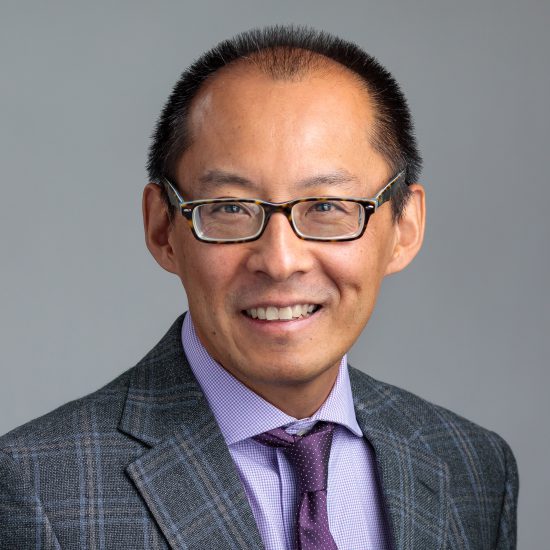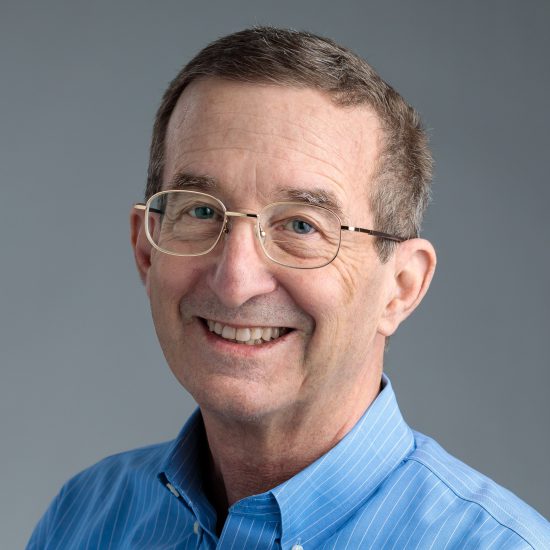David Cotton
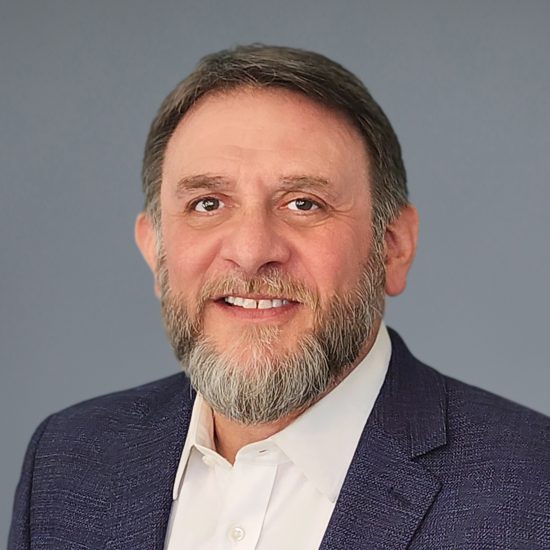
David is a public health evaluator who brings 30 years of experience leading organizations that provide evaluation, research, training, and technical assistance to CDC, SAMHSA, NIH, and other U.S. DHHS agencies, foundations, and academic partners. Trained in clinical psychology and public health, David has led organizations delivering evaluation, research, training and technical assistance, and communication science services to governmental, non-profit organizations, and academia for more than 28 years. His work has focused on evaluation capacity building and the integration of evaluation as a standard aspect of service development and delivery.
As part of the management team in the Public Health research department, David supports a wide range of senior leaders and portfolios of work. He provides technical and administrative oversight to work overseen by senior leaders in the department. As the project director, David helped develop and oversaw the successful contact tracing efforts implemented for Maryland and Delaware since the outset of the pandemic.
Prior to his work at NORC, David was the senior vice president responsible for the public health, health sciences, behavioral health, and survey research at ICF. He led an extensive portfolio of work for federal, foundation, and university clients, which included development of large national surveys, longitudinal multisite evaluations, and large-scale evaluation and policy technical assistance programs supporting national grant programs.
During his time at the Centers for Disease Control and Prevention prior to joining ICF (then Macro International), the focus of his work was the application of behavioral and social science to HIV prevention efforts. These activities included the development and evaluation of multiple, integrated intervention strategies using both community-level and facility-based approaches. David has co-authored 19 journal articles and presented more than 50 papers at national and international conferences. His peer-reviewed work has appeared in Public Health Reports, The Annual Review of Public Health, AIDS, New Directions for Evaluation, among others.

